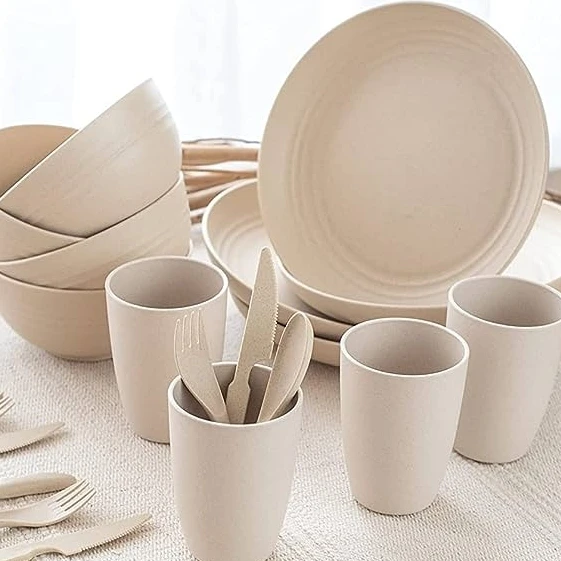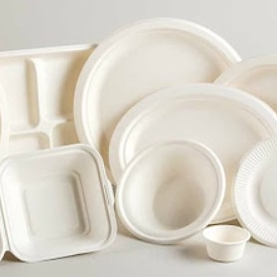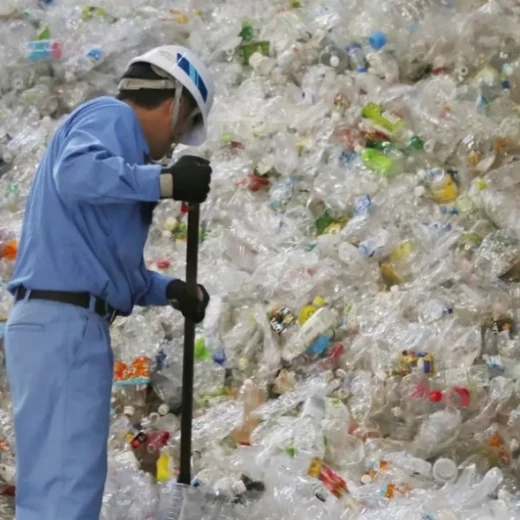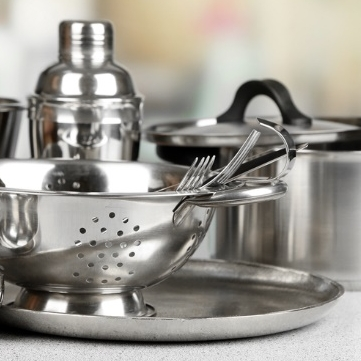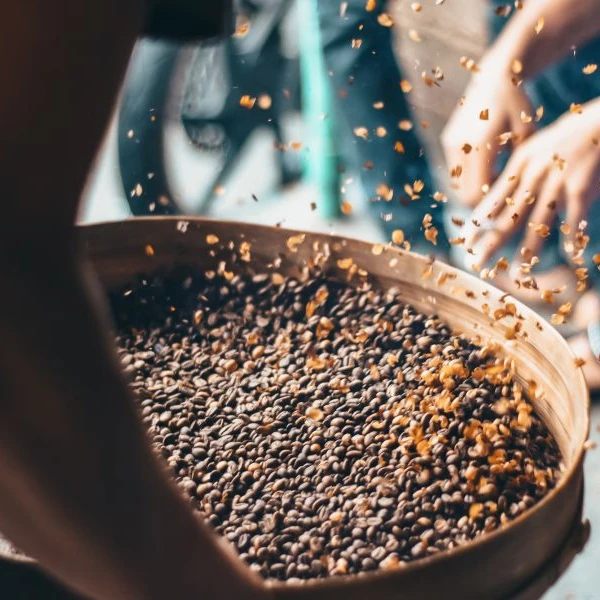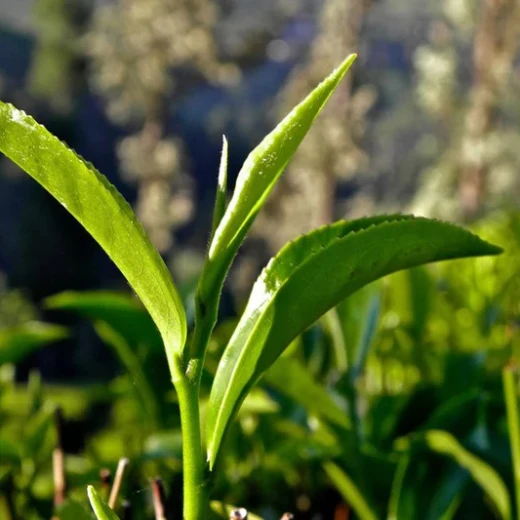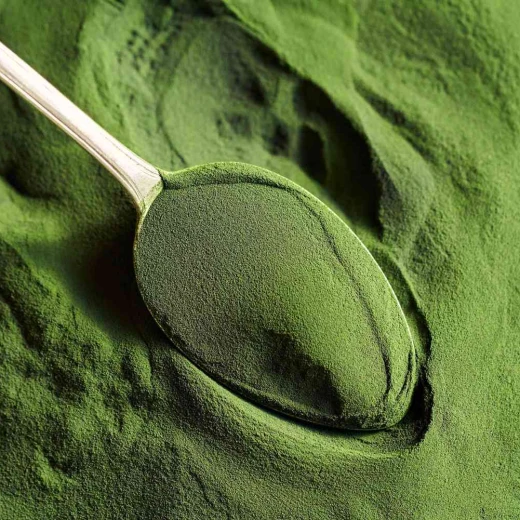Recycled Plastics
Product Categories:Plastic Kitchen Series, Plastic BBQ Series Containers
In 2020 we initiated a program in China that uses post-industrial waste from fast food chains. Every year, millions of cups, plates, forks, and bottles are thrown into landfills. A lot of attention and press has been focused on Ocean Plastics. We feel that land-based waste as just as harmful to the environment and would like to do our part to solve this problem. We are now collecting this material, cleaning it, and re-processing it at our plant in Foshan, Guangdong province. Our goal is to use roughly 30% of up-cycled material in many of our product lines. We have passed all relevant global recycling standards and are FDA and LFGB compliant.
